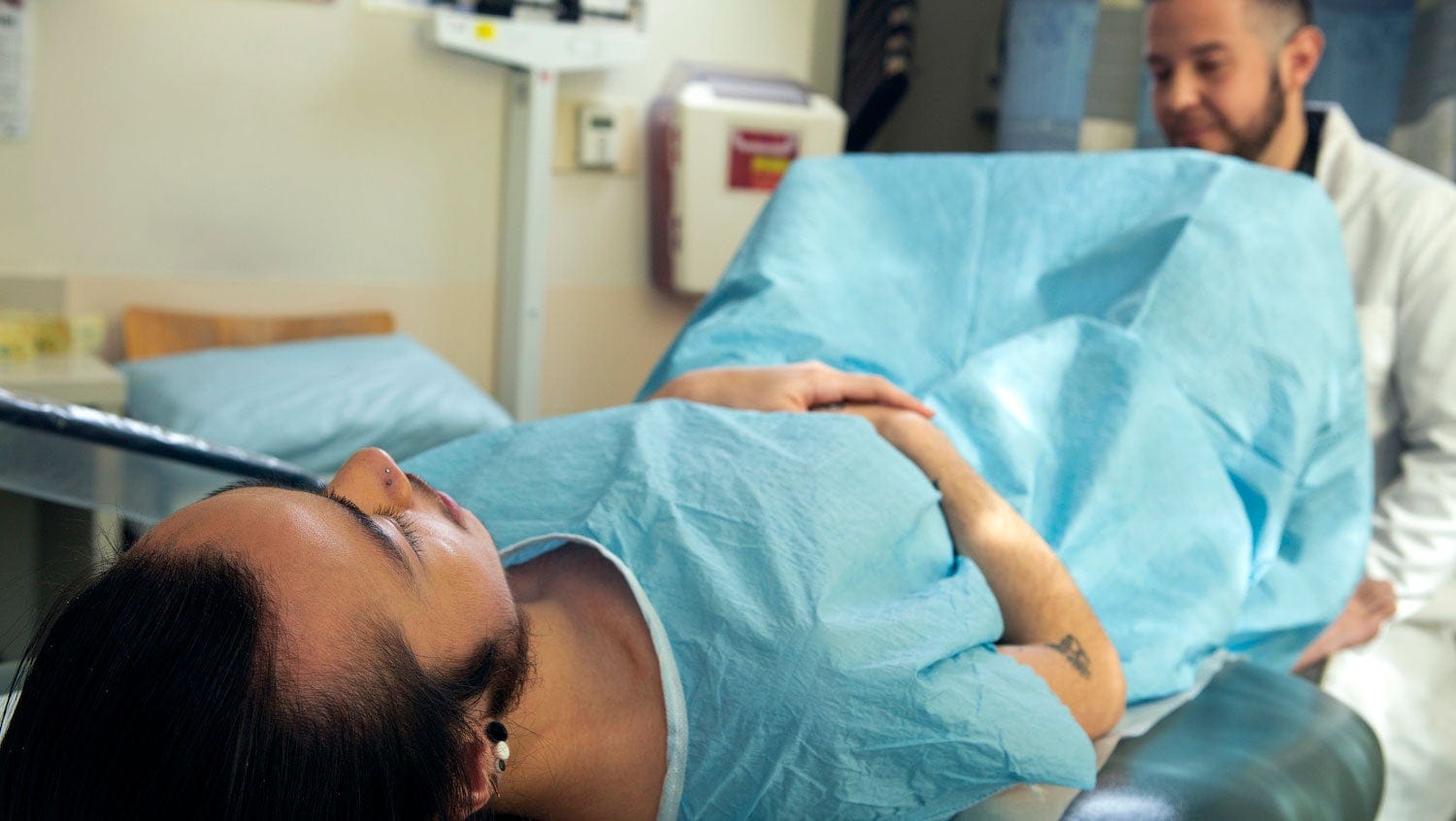Physicians Need More, Better LGBTQ Clinical Education
April 4, 2019

Broadly
Nearly 4% of people in the U.S. are LGBTQ+, but new research shows that internal medicine residents are severely underequipped to care for them. An online module may be an effective stopgap.
THE BOTTOM LINE | Nearly 4% of people in the U.S. are LGBTQ+, but internal medicine residents are severely underequipped to care for them. Until sexual and gender minority care becomes an integral and required part of medical education, a quick and easy-to-access online module may be effective in filling the gap.
CONTEXT | Sexual and gender minority patients experience poorer overall health than their cisgender and heterosexual counterparts, due in part to discrimination, internalized and external homophobia, identity concealment, and a lack of provider training on their unique health needs. Sexual and gender minority education is a recommendation, but not a requirement, in medical curricula. As a result, education in this area is extremely limited — a third of schools teach zero hours of LGBTQ+ health, and the median time among programs reaches just 5 hours.
STUDY OBJECTIVE | Evaluate if and how well an hour-long, online training module would increase medical residents’ competence in treating the unique needs of sexual and gender minority patients in four domains: terminology, preventive care issues, substance use and mental health issues, and sexually transmitted illnesses.
THE DETAILS | 833 students in years 1–3 of their internal medical residencies at 120 programs participated in the online module and completed pre- and post-test evaluations of their knowledge and understanding of core LGBTQ+ health issues and disparities.
FINDINGS | Residents performed significantly better on the post-test evaluation than on the pre-test, indicating that the online training was effective in improving their recognition and understanding of the healthcare needs of sexual and gender minority patients. Pre-test scores were low across the board, even in regions that have a higher percentage of LGBTQ+ populations, such as San Francisco. Residents in their third year of training did not fare any better than first years on the pretest — a sign that years of additional training within our current curriculum do little to prepare residents to treat their LGBTQ+ patients appropriately.
PULL QUOTE | “Pre-test performance demonstrated significant lack of knowledge… trainees conflated sexual orientation, gender identity, and gender expression, were unaware of health disparities unique to sexual and gender minorities, including substance use and mental health issues, and were not familiar with preventive healthcare options for sexual and gender minorities.”
Source: Streed C et al. (2019). Assessment of Internal Medicine Resident Preparedness to Care for Lesbian, Gay, Bisexual, Transgender, and Queer/Questioning Patients. Journal of General Internal Medicine.


